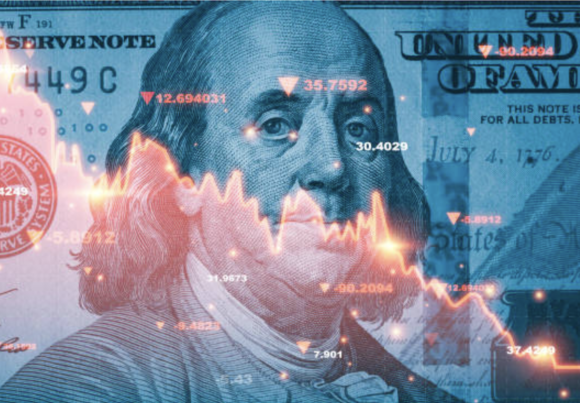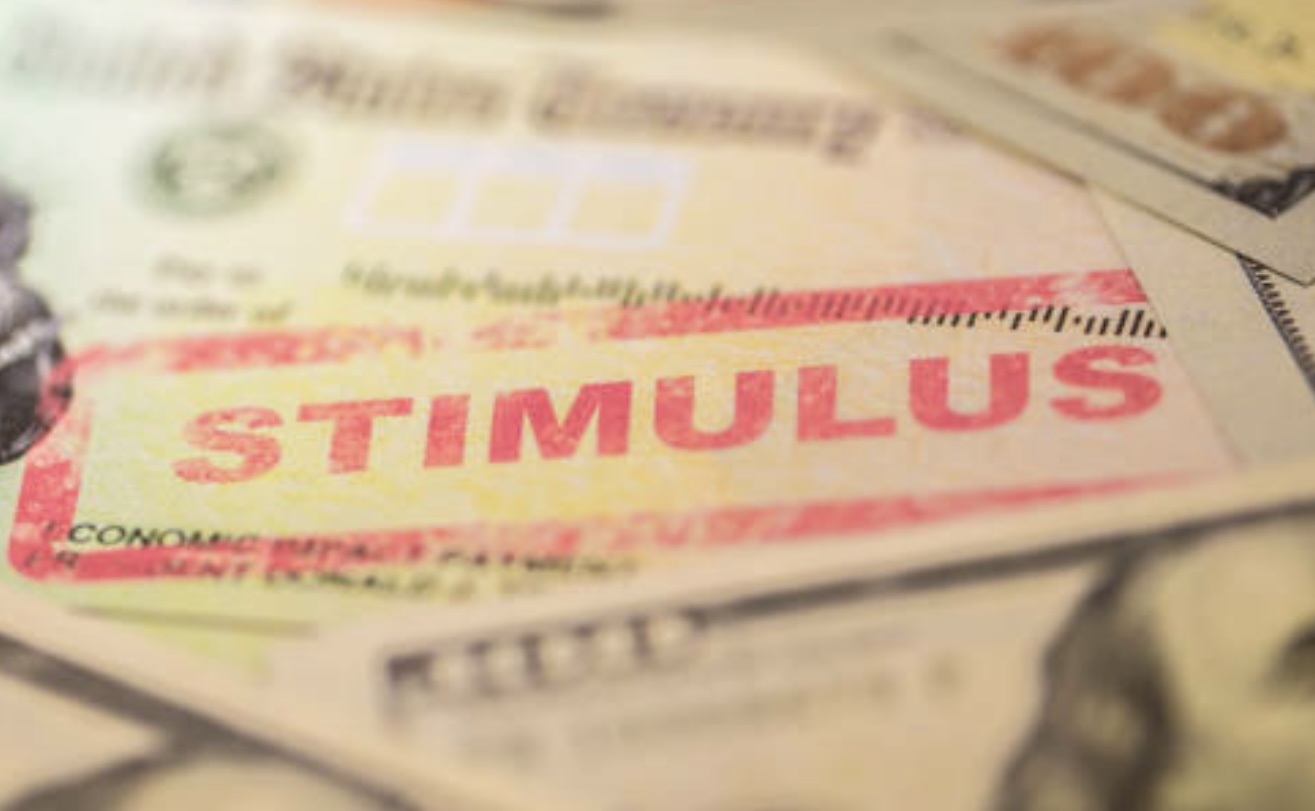In recent developments, tensions between the United States and China have escalated significantly, particularly in the realm of trade and economics. The US administration has imposed severe tariffs on Chinese exports, notably targeting products crucial to the electric car and solar panel industries. These actions have led to retaliatory measures from China, including significant shifts in their foreign exchange reserves strategy, which could potentially trigger a looming economic crisis in the US.
Escalating Trade Tensions and Tariffs
The escalation began with the US imposing substantial tariffs on Chinese electric cars and solar panels, raising import taxes from 25% to a staggering 100%. Additionally, tariffs on materials crucial for mobility ecosystems, such as steel and aluminum, have been hiked from 7.5% to 25%. These moves are seen as attempts to protect and bolster domestic industries but have sparked retaliatory responses from China.
China’s Strategic Moves: Selling US Debt and Increasing Gold Reserves
China, in response to the tariffs and what it perceives as economic bullying, has initiated significant strategic maneuvers. One of the most impactful actions is China’s decision to sell off a substantial portion of its US dollar-denominated assets, including US Treasury bonds. Reports indicate a sell-off amounting to billions of dollars, which is a clear signal of China’s diminishing confidence in the stability of the US economy.
Moreover, China has been quietly but steadily increasing its gold reserves. This move is strategic, aiming to diversify away from the US dollar as a reserve currency and mitigate the risks associated with holding large amounts of US debt. The implications of these actions are profound, as they signal a potential shift in global economic dynamics, with gold likely to gain traction as a safe-haven asset amidst increasing economic uncertainty.
Potential Consequences for the US Economy
The implications of these developments for the US economy are multifaceted and potentially dire:
- Impact on US Treasury Bonds: The significant sell-off of US Treasury bonds by China could lead to a decrease in demand for these securities, driving up yields and potentially increasing the cost of borrowing for the US government.
- Currency Volatility: The US dollar, long considered a stable global reserve currency, may face increased volatility as global confidence wanes. This volatility could lead to fluctuations in exchange rates and broader economic instability.
- Inflation and Interest Rates: Higher borrowing costs for the US government could translate into higher interest rates domestically. This scenario would burden consumers and businesses alike, potentially leading to reduced spending and economic slowdown.
- Global Economic Ripple Effects: A crisis in the US economy, as a major global player, would likely have ripple effects across the globe. International markets, trade flows, and global economic stability could all be impacted, exacerbating existing geopolitical tensions.
Looking Ahead: Strategies and Considerations
As these dynamics unfold, it becomes crucial for businesses and investors to consider strategies that hedge against potential economic turbulence:
- Diversification: Diversifying investments beyond traditional US dollar-denominated assets into alternative assets like gold or currencies less tied to US economic policies could provide stability.
- Risk Assessment and Management: Businesses should assess and manage risks associated with higher tariffs and potential economic downturns, including supply chain disruptions and increased operating costs.
- Policy and Advocacy: Engaging in advocacy efforts to influence policy decisions and mitigate the impact of escalating trade tensions can be critical for industries heavily dependent on international trade.
Will the Economic Crisis Happen?
The current trajectory of US-China economic relations poses significant risks to the stability of the US economy and global financial markets. The strategic moves by China to divest from US debt and bolster gold reserves signal a shifting global economic landscape that businesses and investors must navigate carefully. As tensions persist and economic policies evolve, proactive risk management and strategic foresight will be essential to weathering potential economic storms and seizing opportunities in a rapidly changing global economy.




